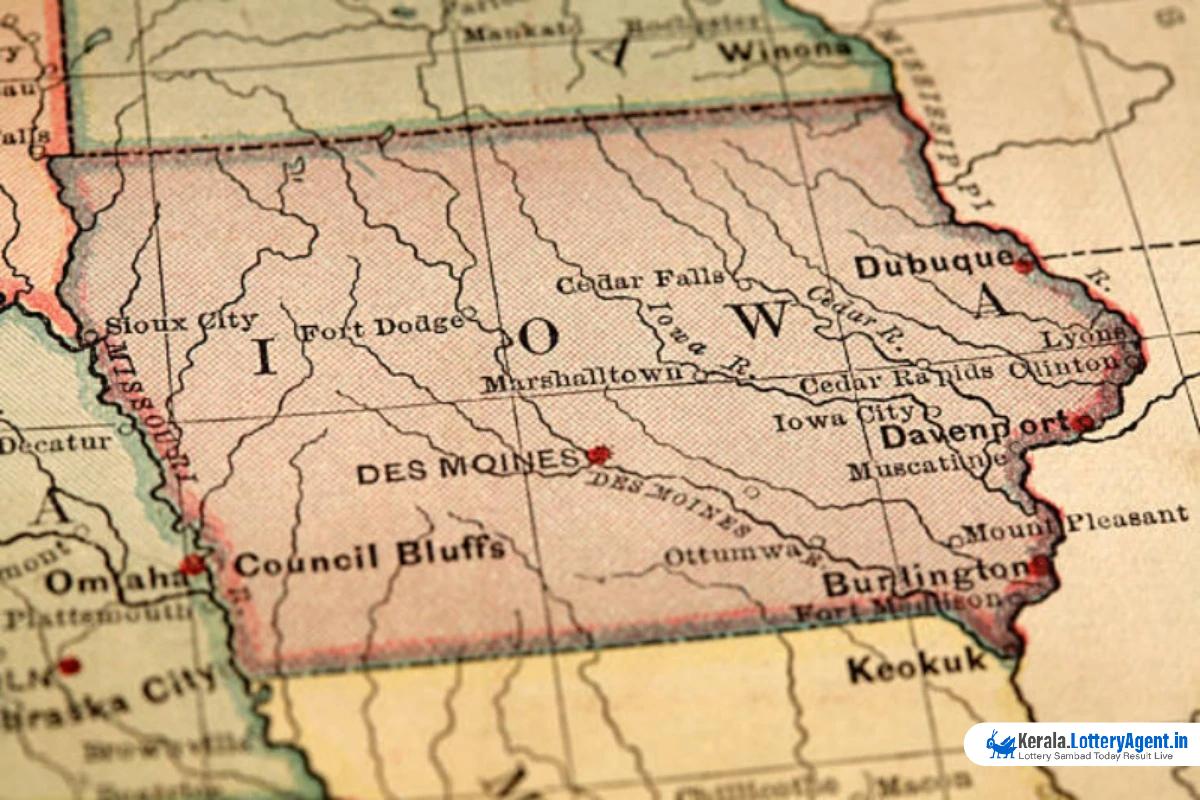
The landscape of college sports has been shaken by a betting scandal involving the suspension and arrest of numerous student-athletes. The recent revelation of internal emails has cast a harsh light on the motivations of at least one Iowa investigator tasked with examining these cases.
In-depth communication has provided insight into the mindset of agents within the Iowa Division of Criminal Investigation (DCI). Notably, Special Agent Chris Adkins expressed in a 2023 email that anticipated suspensions and sanctions against players would cast the investigative unit in a positive light, potentially attracting attention from high-level officials and lawmakers. These details arose from an open-records request fulfilled by the Associated Press, revealing striking intentions behind the investigation.
The saga has already brought severe repercussions for dozens of student-athletes from both the University of Iowa and Iowa State University. Charges ranged from state criminal accusations to NCAA-imposed suspensions, with the fallout threatening to derail burgeoning professional athletic careers. One prominent athlete affected was Hunter Dekkers, a former Iowa State quarterback, who faced an NCAA ban for engaging in sports betting – a violation of strict NCAA rules.
Dekkers was found to have placed approximately 366 bets, including 26 on teams from his own university, with 297 wagers occurring before he reached the legal betting age of 21. Although sports betting is permissible in Iowa for those above the age threshold, it remains off-limits for NCAA student-athletes, with violations such as betting on one’s own team deemed particularly egregious.
Further scrutiny of the emails disclosed a broader agenda at play. Adkins, referencing the potential impacts of the investigation on the athletes involved, stated, “If they get suspended or get a scholarship taken away, so be it.” He elaborated on the hopes of leveraging a high-profile case to demonstrate the unit’s effectiveness to “the powers that be” and issuing a stern warning against future violations.
The ambitious pursuit of such cases by Iowa DCI investigators did not stop with mere surveillance. According to reports, the team employed GeoComply’s geolocation services, a tool provided by the Vancouver-based company known for its ability to pinpoint betting activity locations. GeoComply inadvertently enabled DCI agents to monitor clusters of betting within university dormitories and athletic buildings without first securing the necessary legal clearances – an action which may have transgressed state laws.
The GeoComply collaboration provided investigators with unprecedented access to sensitive data, albeit without substantial oversight or established usage guidelines. As the Washington Post outlined, the implications of this access ranged from privacy concerns to potential legal violations, putting the entire investigation under a cloud of ethical and legal questions.
The timing of the Iowa betting investigation, launched just before the 2023 football season, underscores the complexity and far-reaching effects of uncovering betting activities among college athletes. The controversy not only spotlights the actions and motives of those conducting the investigation but also ignites a broader discussion regarding student-athlete behavior and the balancing act of law enforcement, privacy rights, and the rigid guidelines set by collegiate sports governing bodies.
As the investigation progresses and more information comes to light, it has become a tangled web of allegation and accountability. The initial intent to uncover wrongdoing and enforce regulations has arguably devolved into an affair marked by potentially misused authority and the very public shaming of young athletes. The ripples from this episode continue to spread, touching upon the ever-contentious issues of sports betting, athletes’ rights, and the role of regulation within the American collegiate sports landscape.












